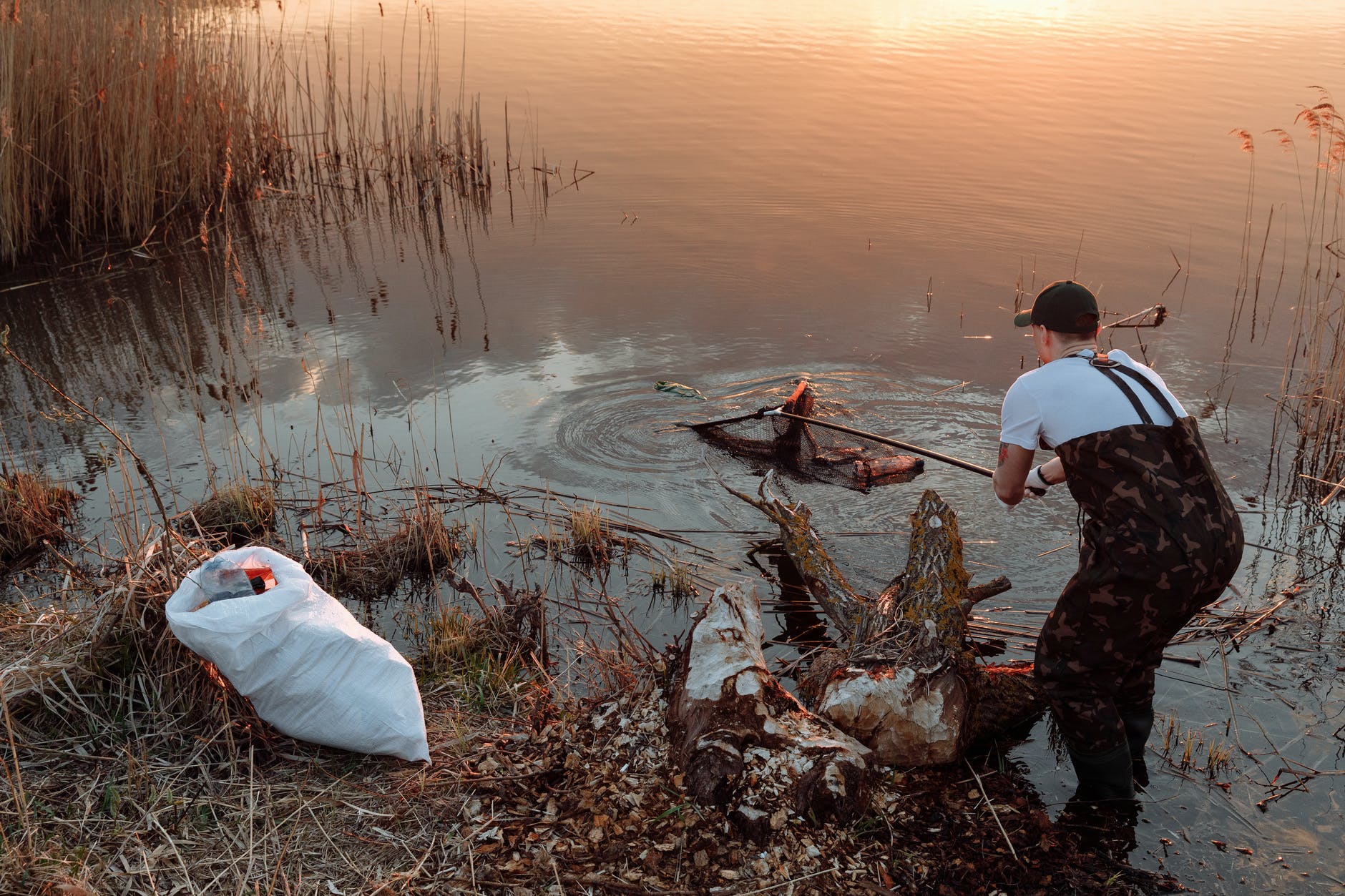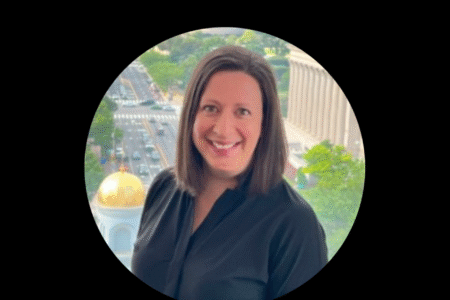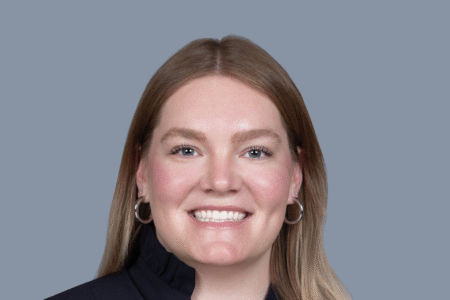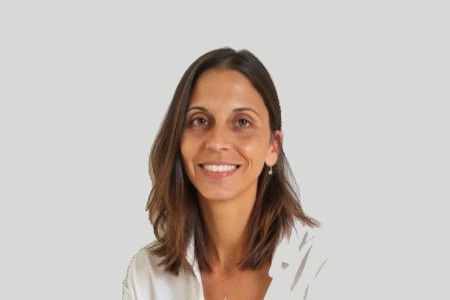
Green Success Stories invited Nik Balachandran to be featured on the blog because of his commitment to reduce the planet’s trash and waste production through zero waste advocacy. His company, Zabble, transforms waste management with data-driven solutions for a variety of industries.
Hi Nik, thanks so much for chatting with us! To start, tell us a little bit about you and your background:
I’m an electrical engineer turned entrepreneur who found his passion to keep trash out of the environment after encountering it during open water swimming and hiking expeditions all around the world. I founded Zabble in 2016 to help organizations reach zero waste by championing a novel waste measurement process that engages stakeholders and closes the loop.
I’m a TRUE Zero Waste Advisor and former board member of the Northern California Recycling Association (NCRA) and actively participate in local beach cleanups and zero waste advocacy.
What is a fun fact about you?
I applied for 8 years in a row to get a chance to see movie stars walking the red carpet at the Oscars. I finally made the lottery for the 2012 awards and even got to meet George Clooney in person.
Why do you think climate change and sustainability is such an important topic today?
Climate change is not just about extreme weather events but also rapid extinction of species, human displacement, environmental and social justice and increased divisive politics that is threatening the fabric of human civilization and that of the planet.
We are all aspiring for a world where we can breathe clean air, drink clean water, have equal access to Earth’s natural resources and opportunities as a society. We owe it to our future generations to come together as a group to conquer these challenges.
What do you envision your industry looking like 10 years from now?
Awareness to the effects of waste disposal and incineration in marginalized communities has been steadily growing since the 70s with constant protests. I see the industry taking into account all upstream and downstream social, environmental and financial impacts of production, waste generation and disposal with a transparent and accountable system. All the stakeholders in the ecosystem would be working together from municipalities to companies to consumers using a mutually trusted data source to make informed decisions for the benefit of the people and the planet.
What can the average person do to make a difference?
Consumers can play a huge role by voting not just for representatives that have a long term plan of sustainability but also with their dollars to urge manufacturers to take into account social and environmental impacts of their actions. We can see first hand companies setting net zero and zero waste goals and moving to more ethical choices in their supply chain in the wake of COP26 and protests following the summit.
Simultaneously, consumers can also be more aware of what they purchase, consume and dispose of. It’s important to know how the raw materials were sourced, what the supply chain entails and conditions under which the products are being made. In the life cycle of a product from manufacturing to disposal, were more trees cut down, strong dependency on oil, forests cleared for palm oil plantations and raising cattle or plastic pieces ending up in the waterways and oceans?
Nik, thank you again for sharing your story and for your commitment to cleaning up the planet.
Green Success Stories is a television show, podcast, social media, and news platform, hosted by Dylan Welch, that highlights climate change scientists, renewable energy experts, and clean tech entrepreneurs by giving them a voice in the mainstream media. The Green Podcast highlights leading experts in cleantech, sustainability, media, finance, and real estate. Tune in and subscribe to the podcast on Apple or Spotify to listen to interviews with leading cleantech and sustainable experts. If you are interested in being featured on Green, click HERE.




